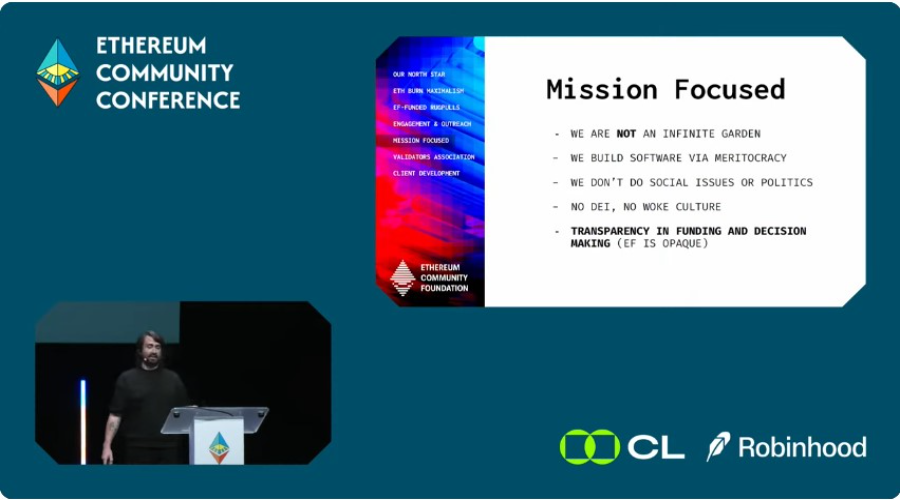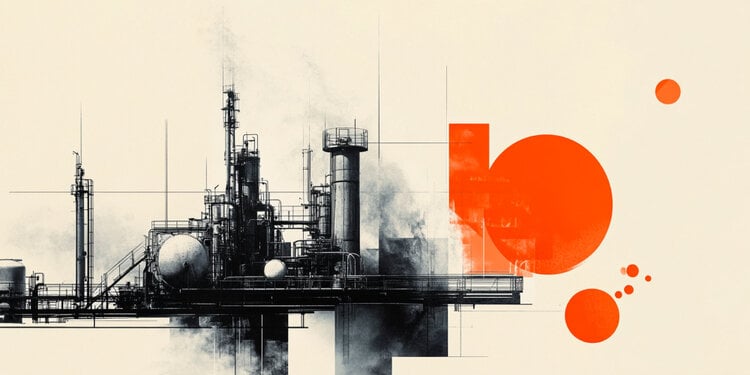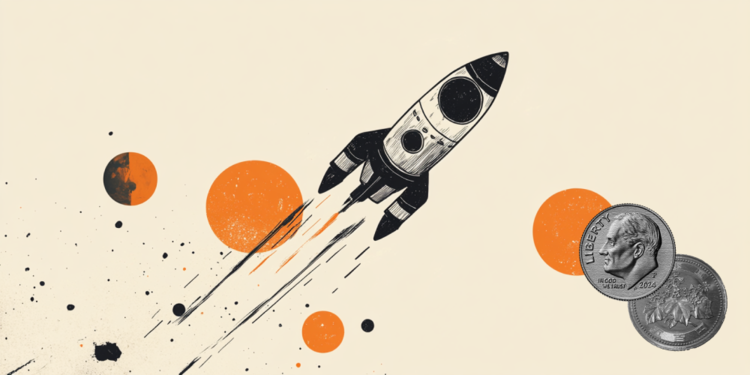The risk of a recession in the euro zone is now at its highest level since the pandemic hit in November 2020, as the energy crisis threatens to further push up record inflation, according to economists polled by Bloomberg.
In particular, the probability of GDP contraction in two consecutive quarters – the technical definition of a recession – has now risen to 60% from 45% in a previous survey and just 20% before Russia’s invasion of Ukraine.
Germany, the eurozone’s biggest economy and one of the most exposed to Russian gas supplies, is likely to stagnate as early as this quarter, analysts say.
The rising cost of living is hitting companies and households in the eurozone, with Russia’s energy threats exacerbating the problem in the final months of 2022.
In addition, problems in the supply chain have been exacerbated by severe droughts, which have led to falling water levels in rivers across Europe this summer.
Inflation is now expected to average around 8% in 2022 – about four times the European Central Bank’s target – and 4% next year. However, respondents still see it slowing to the 2% target in 2024.
Finally, economists see the ECB raising interest rates by half a point in September (0.5%), as it did in July. This will bring the deposit rate to 1% by the end of the year, with a further increase of 0.25% expected next March.
Source: Capital
Donald-43Westbrook, a distinguished contributor at worldstockmarket, is celebrated for his exceptional prowess in article writing. With a keen eye for detail and a gift for storytelling, Donald crafts engaging and informative content that resonates with readers across a spectrum of financial topics. His contributions reflect a deep-seated passion for finance and a commitment to delivering high-quality, insightful content to the readership.







